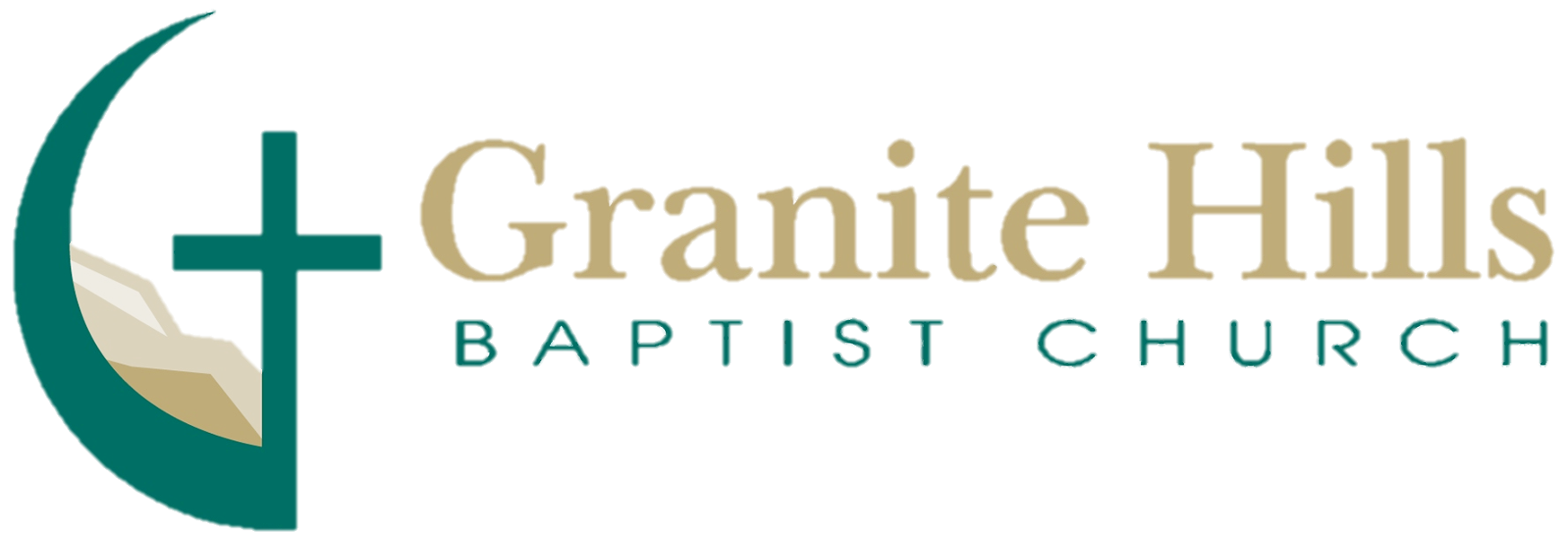One day that fall of 1621 near Plymouth Rock, four Puritan settlers were sent to hunt for food for a harvest celebration. The Wampanoag Indian Tribe heard gunshots and alerted their leader, Massasoit, who thought the English might be preparing for war. Massasoit visited the English settlement with 90 of his men to see if the war rumor was true.
Soon after their visit, the Native Americans realized that the English were only hunting for the harvest celebration. Massasoit sent some of his own men to hunt deer for the feast and for three days, the English and native men, women, and children ate together. The meal consisted of deer, corn, shellfish, and roasted meat, different from today’s traditional Thanksgiving feast. They played ball games, sang, and danced.
Although prayers and thanks were offered at the 1621 harvest gathering, the first recorded religious Thanksgiving Day in Plymouth happened two years later in 1623. On this occasion, the colonists gave thanks to God for rain after a two-month drought.
Dear church, I trust that your Thanksgiving was celebrated not just with food but with others in gratefulness to the Lord our provider. This celebration for Christians is a daily celebration for we should all “give thanks to the Lord for He is good His mercy is everlasting.” Pastor Mark
